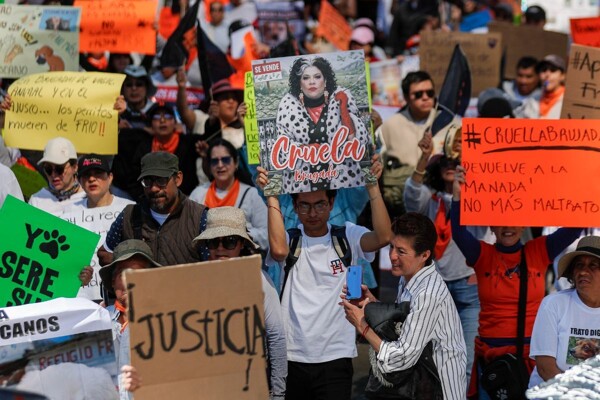The recent Conference of the Parties to the WHO Framework Convention on Tobacco Control (COP 11) in Geneva served as a platform where civil society organizations from various countries directly confronted the tobacco industry's influence through press releases, strategic mobilizations, and advocacy actions. These interventions highlighted the crucial role of civil society in defending public health against an industry linked to the death of more than half of its consumers, a factor considered critical to the global health agenda. During the discussions, the Latin American region stood out for the firm stance of Brazil, Colombia, Chile, Ecuador, Guatemala, Honduras, Jamaica, Mexico, Uruguay, Panama, and Peru, whose delegations maintained a discourse aligned with public health protection. The call to the Knowledge Center and specialists in various areas reinforces the expectation for a stronger implementation of these provisions. Gianella Severini, also co-coordinator of the Global Alliance for Tobacco Control, emphasized the strategic importance of civil society participation to counter the growing interference of the tobacco industry. At this COP, Latin American activism united to uphold a public health discourse in an environment that recorded unprecedented levels of pressure from the industry before, during, and after the event. Civil society recognized and celebrated this position, considered a significant contribution to strengthening the leadership of Latin America and the Caribbean in international tobacco control. In this context, Daniel Dorado, co-coordinator of the Global Alliance for Tobacco Control, emphasized that while COP 11 achieved important advances, fundamental issues of Article 5.2(b) remain unresolved, particularly those related to the 'harm reduction' approach, an issue representing one of the main points of tension between governments and the tobacco industry. Furthermore, international cooperation was reinforced, voluntary tools were developed to explore sustainable financing mechanisms, and joint research between agreements protecting health and the environment was encouraged. The response from organizations demonstrated the collective capacity to defend the right to health and resist corporate interests incompatible with health policies. Daniel Dorado also underscored the importance of strengthening Article 19, which aims to promote actions on accountability and redress for harm caused by tobacco consumption, representing a significant advance within the regulatory framework. Throughout the Conference, Parties promoted prospective measures under Article 2.1, aimed at encouraging countries to voluntarily adopt recommendations to improve the national implementation of tobacco control policies.
Advances in Articles 2.1 and 19 Strengthen International Tobacco Control Agenda
At the COP 11 conference in Geneva, civil society organizations confronted the tobacco industry's influence. Latin American countries advocated for public health, emphasizing the importance of civil society and the need to strengthen Articles 2.1 and 19 of the WHO Framework Convention.













